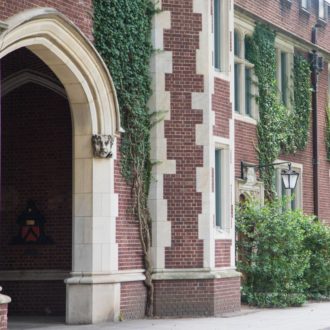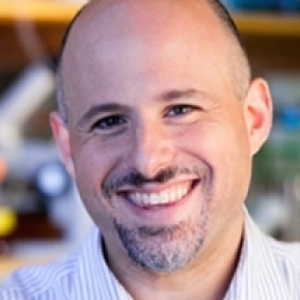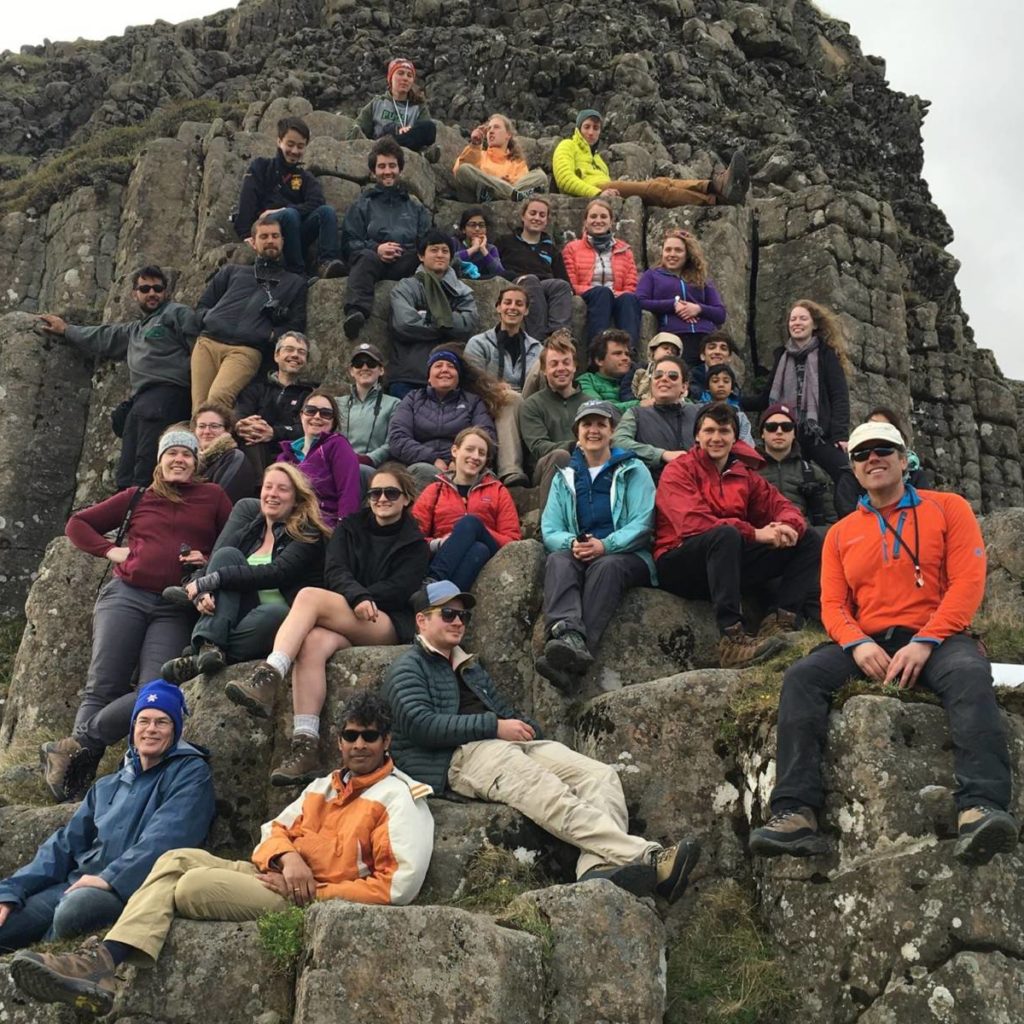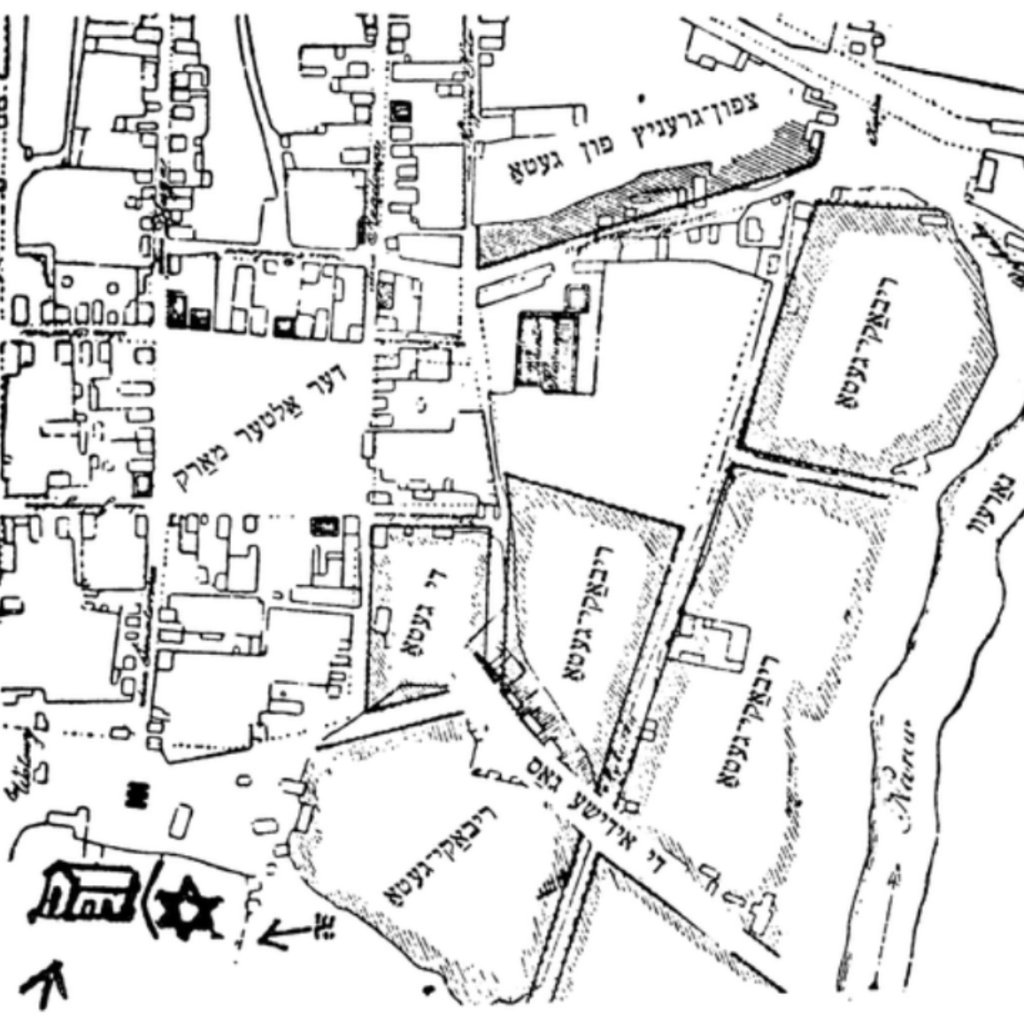I meet with my JP adviser every other Monday morning. No matter how hard I try to beat procrastination, the weekend before each meeting is always an anxious scramble to complete a draft. On Sunday night, I worry that I’m unforgivably behind schedule, that my topic was a bad choice, that my writing is incoherent.
From conversations with my friends, I’ve realized that wanting to avoid our advisers is totally normal. It can be scary to share our work—especially when it’s unfinished, and especially when the reader will eventually be grading it. But as I’ve learned over the past semester, though it can be terrifying, meeting with my adviser has only helped and reassured me in the research and writing process.
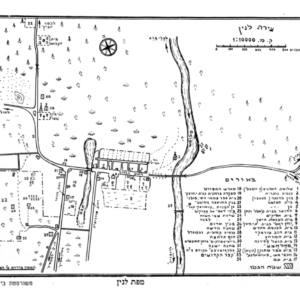
When I feel anxious the Sunday before an adviser meeting, I’m not actually worried about what my adviser will think. I’m worried about having to confront my own work. If I send only a two-page draft, I have to admit to myself that I’m behind schedule. If my argument isn’t fully baked, I have to admit that I haven’t yet figured out how to approach my topic. If my writing is confusing, I have to admit that it needs a lot more editing.
Admitting mistakes or weaknesses is always hard. It feels so much easier to pretend they don’t exist—to convince yourself that you’ll be on schedule soon, that there are no holes in your argument, that your writing needs no editing. However, as difficult as it may be, confronting these questions regularly not only improves your work, but prevents a flood of buried anxiety at the end of the project.
Continue reading JP Adviser Meetings: Confronting Your Writing


